The Dollhouse Miniature Community Over the Decades
Decades
1910s Miniatures
 Butler Brothers Wholesale Catalog 1917 - Antique Toy Collectors of America
Butler Brothers Wholesale Catalog 1917 - Antique Toy Collectors of America
In the 1910’s, the industrial revolution caused dollhouses to become somewhat consumer friendly rather than a high value item only the wealthy could afford. On top of that, automation caused the standard of living for many to rise quite a bit. Cities grew and population density increased, causing more niche interests like dollhouse miniatures to spread and grow.
1920s Miniatures
 Lambton, Lucinda. The Queen’s Dolls’ House. Royal Collection Trust.
Lambton, Lucinda. The Queen’s Dolls’ House. Royal Collection Trust.
In the 1920’s the standard of living increased even more. People had more free time and this led to an increase in miniaturists. In 1924, the Queen Mary’s Dolls’ House was completed for Britain’s, Queen Mary. It was designed by architect Sir Edwin Lutyens. The dollhouse was a masterpiece, it hosted completely working plumbing with toilets that would flush and was wired throughout to have functioning lighting in the house.
1930s Miniatures
 By Unknown author or not provided - U.S. National Archives and Records Administration, Public Domain
By Unknown author or not provided - U.S. National Archives and Records Administration, Public Domain
In the 1930’s the great depression caused a lack of movement in the miniature community. People were forced to save as much as they could and spend as little as possible. There was not much time for hobbies, and miniaturists would struggle selling creations. Despite this, a few individuals and groups persisted and continued the craft.
1940s Miniatures
 1940's Dollhouse Set by Marx Co. Inc - The Tie Dyed Librarian
1940's Dollhouse Set by Marx Co. Inc - The Tie Dyed Librarian
In the 1940’s after World War II, the influx of materials and new technology allowed production of dollhouses for hobbyists and children. During this time dollhouse enthusiasts started to form small groups and communities primarily in the US and the UK.
1950s Miniatures
 1940's Dollhouse Set by Marx Co. Inc Interior - The Tie Dyed Librarian
1940's Dollhouse Set by Marx Co. Inc Interior - The Tie Dyed Librarian
The 1950’s saw the real effects of the post war economic boom. Factories were churning out plastic miniatures for kids while adult enthusiasts continued to craft dollhouses and miniatures. Brands such as Marx and Renwal produced toy dollhouse sets gaining popularity in the late 1940's and into the 1950's. The miniature community grew, and the groups within it formed their roots solidifying the future of dollhouse miniatures.
1960s Miniatures
 By Nelson Tiffany, Los Angeles Times - Clothing designer Charlotte Johnson with a 1965 doll
By Nelson Tiffany, Los Angeles Times - Clothing designer Charlotte Johnson with a 1965 doll
In the 1960’s, the precursor for Barbie was created. This led to dolls and dollhouses being a staple in the American household. The dollhouse community was growing and a cultural shift was happening, the miniature community was going to flourish. A 1960's dollhouse is a sought after collector’s item today.
1970s Miniatures
 1976 Edition of Nutshell News
1976 Edition of Nutshell News
In the 1970’s large organizations like the International Guild of Miniature Artisans (IGMA) and the National Association of Miniature Enthusiasts (NAME) were founded. This opened the opportunity for conventions, workshops, and certifications. On top of that, miniature magazines were publushed. One popular magazine was Nutshell News (now Dollhouse Miniatures) having its first publication in 1971.
1980s Miniatures
 Eugene J. Kupjack - Retired Whaling Captain's Study, Nantucket
Eugene J. Kupjack - Retired Whaling Captain's Study, Nantucket
In the 1980’s large suppliers and shops started appearing like The Dolls House Emporium, which allowed the community to expand to an even wider crowd. It became a serious pursuit to master the dollhouse craft, leading to many dedicated artisans getting recognized such as Eugene Kupjack.
1990s Miniatures
 The NAME Website from 1997
The NAME Website from 1997
In the 1990’s the dollhouse toy market started to decline now having to compete with the advent of electric toys. However, the miniature enthusiast community was granted the gift of the internet, allowing global communication between everyone from everywhere. People were able to share their techniques, creations, and art with the world instantly.
2000s Miniatures
 YouTube from 2008
YouTube from 2008
In the 2000’s e-commerce platforms like eBay and Etsy granted people the opportunity to buy miniatures online. This lead to a huge market for anyone to buy and sell hand crafted or manufactured items to anyone else. Media oriented platforms like YouTube allowed miniaturists to do tutorials or host tours of their creations. Many miniaturists created blogs to also host tutorials or as a sort of portfolio/biography displaying their craft.
2010s Miniatures
 Designed Display of a Miniaturist Making a Social Media Post
Designed Display of a Miniaturist Making a Social Media Post
In the 2010’s social media became a foothold in many people’s daily lives, making it quite common for someone to document their day-to-day creations. Sometimes people would post their creations as they make them, showing each step of the dollhouse building process. It’s common for people to present challenges they face while working on their dollhouse and in turn get feedback from commenters and community members with advice.
2020s Miniatures
 The 2018 Chicago International Bishop Show
The 2018 Chicago International Bishop Show
In 2020, a global pandemic swept the world. This led to many people stuck inside to work on their skills and hobbies, in turn the miniature community grew even more. When the pandemic came to a close, conventions were hosted as usual and the turnouts were quite large. For example, the International Chicago Bishop Show has been around for 40 years and recently in 2023, The New York Times ran an article on the Tom Bishop show shedding light on the love many miniaturists have for the craft.




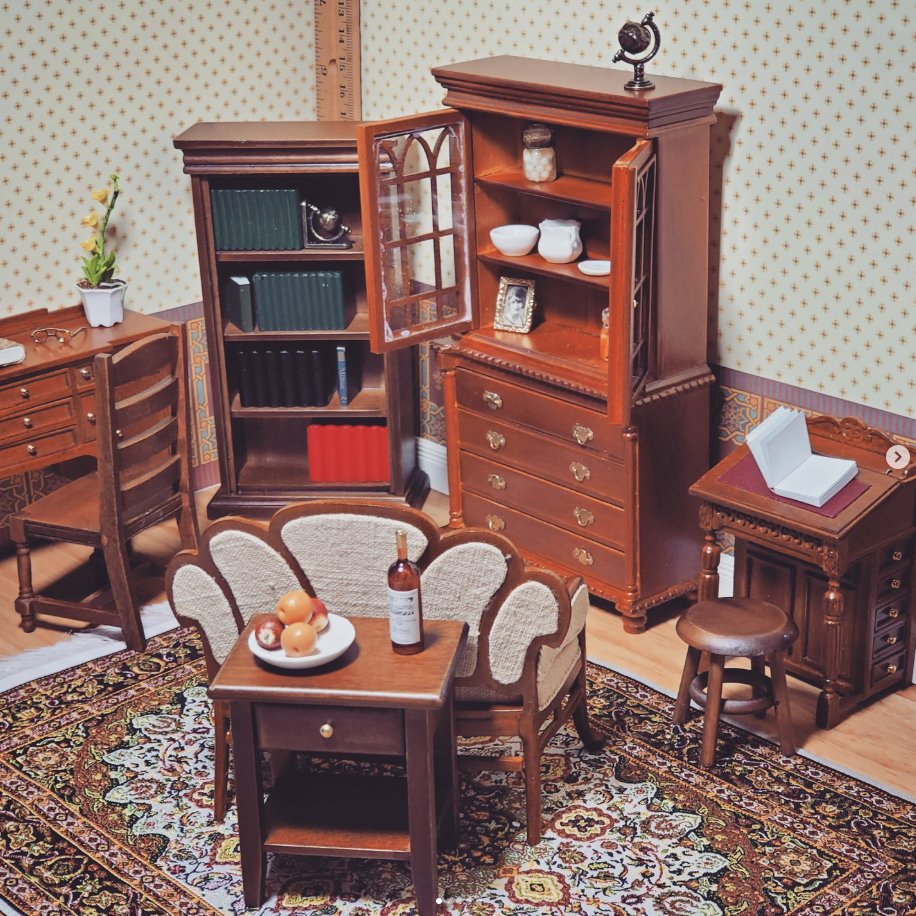
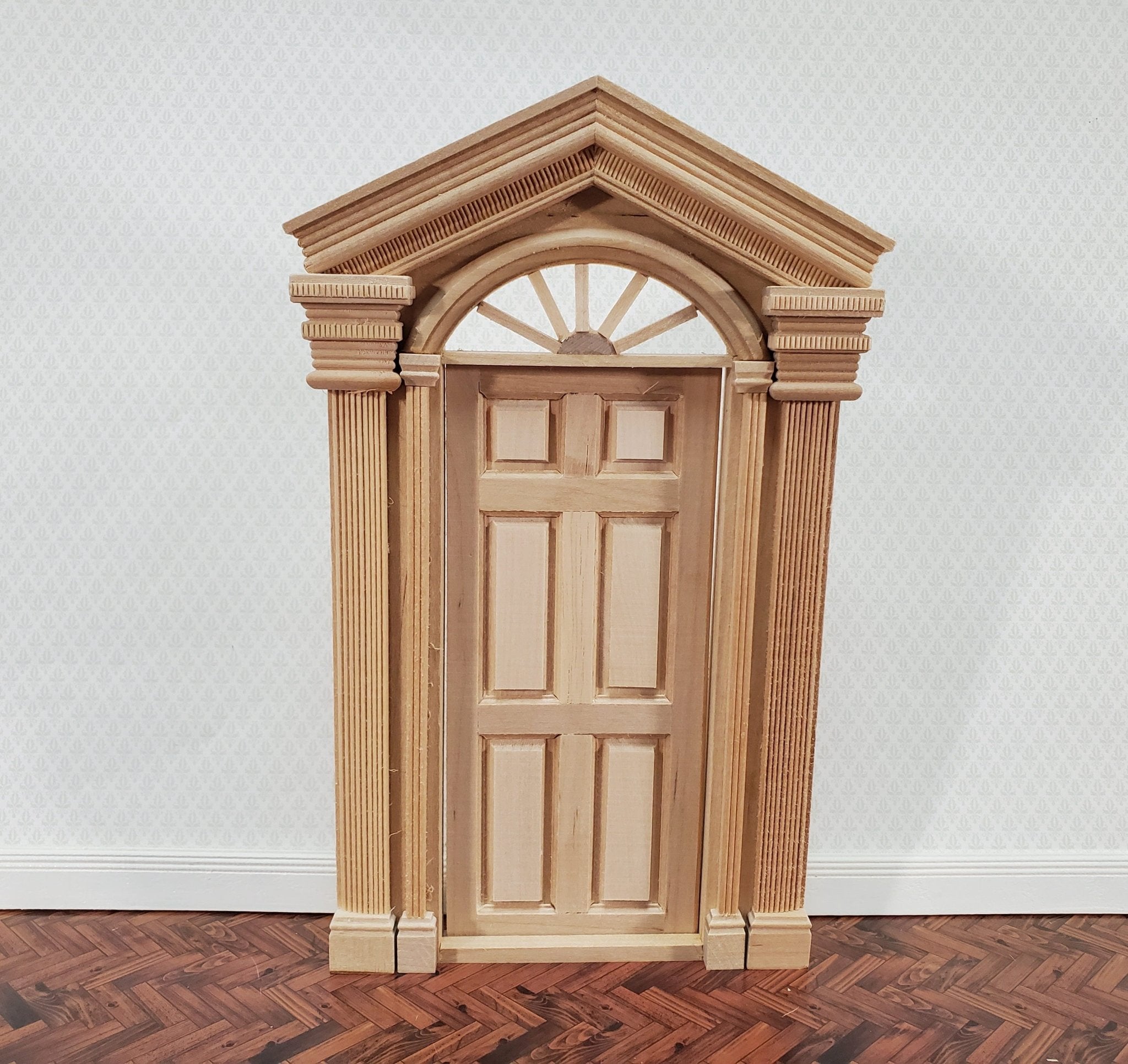
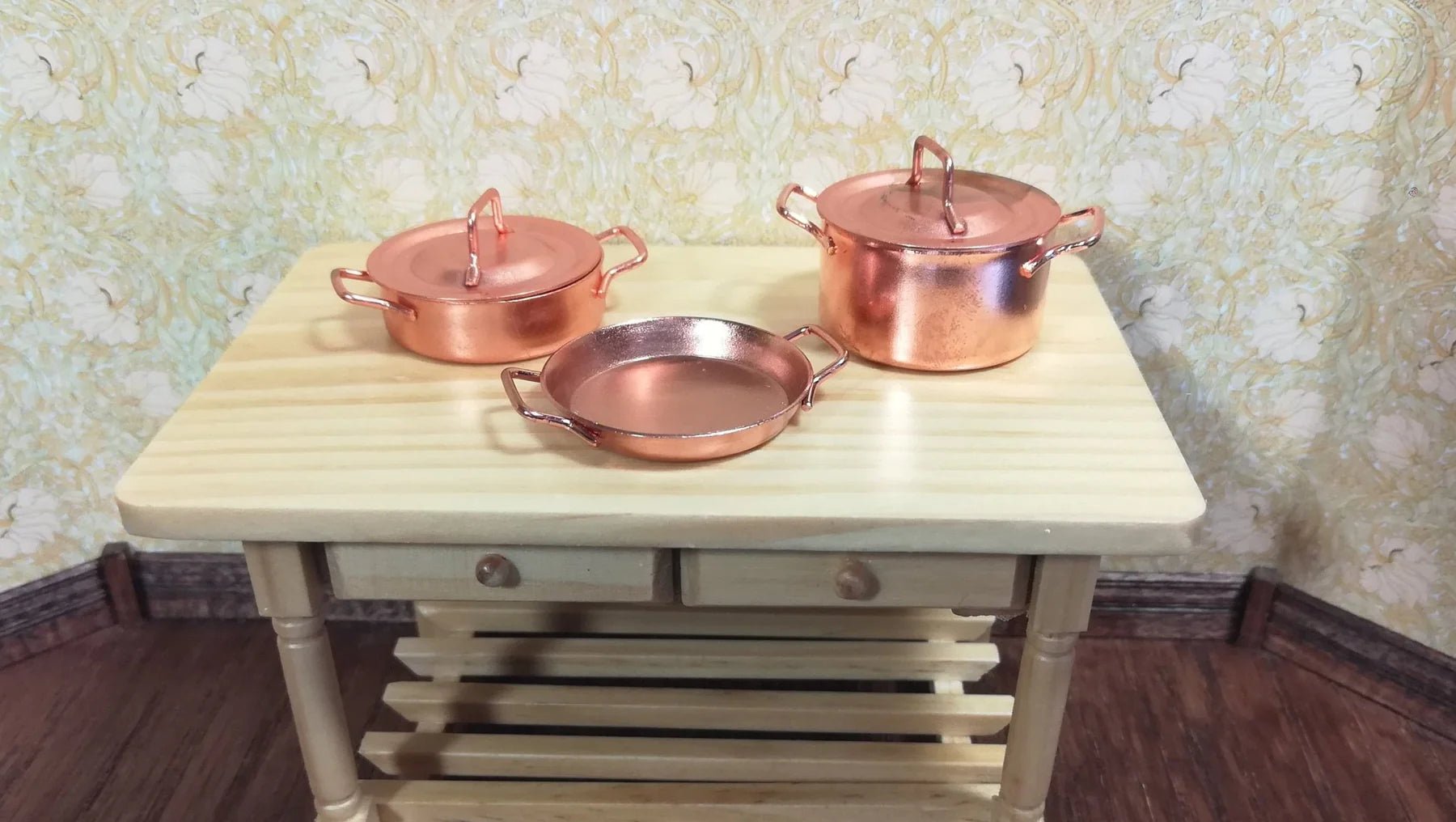
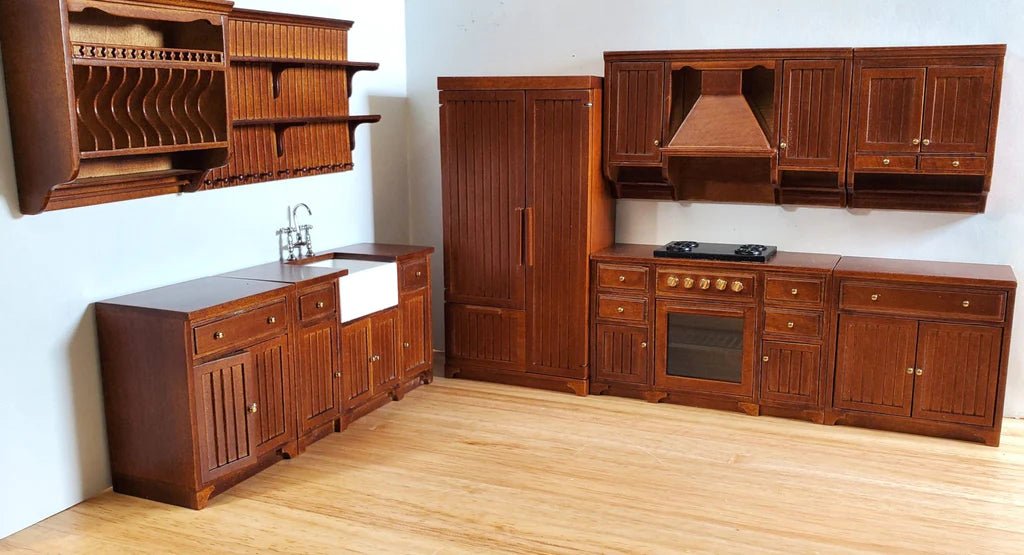
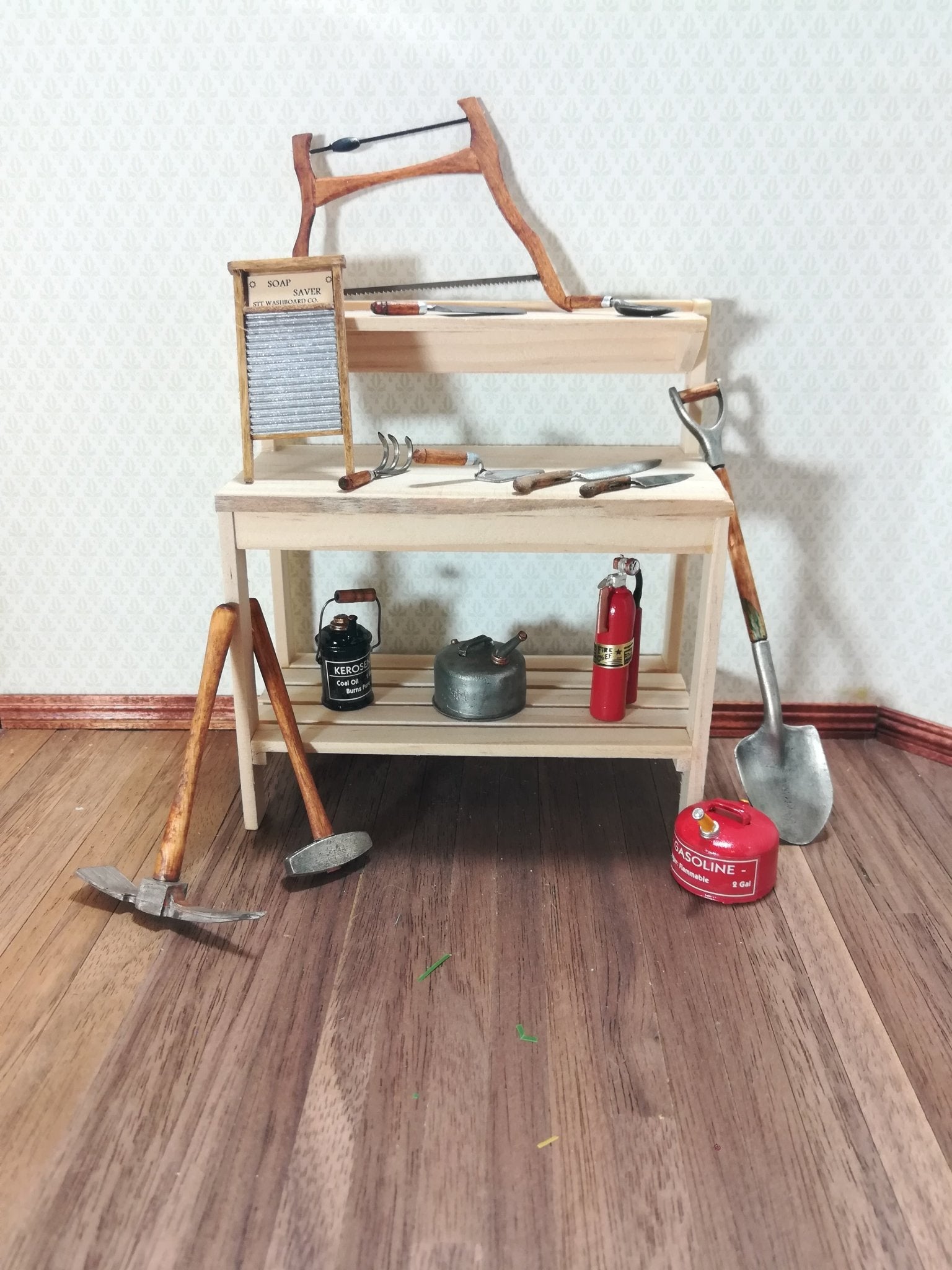

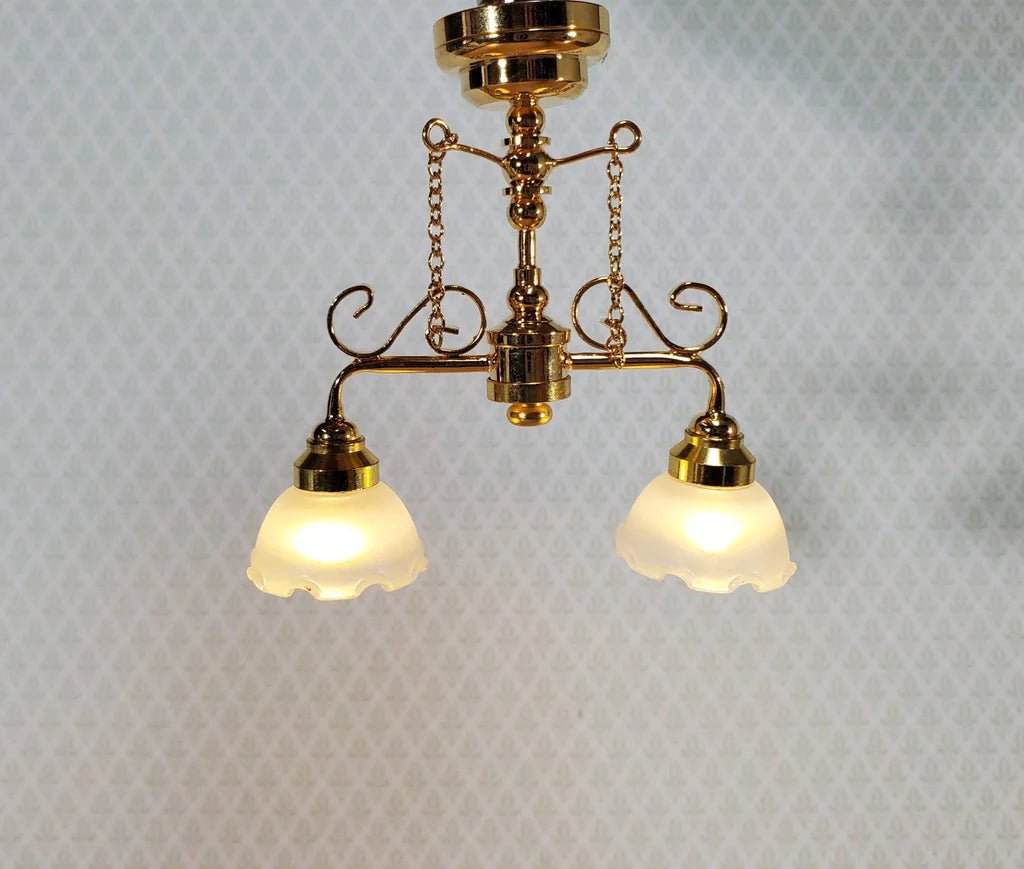

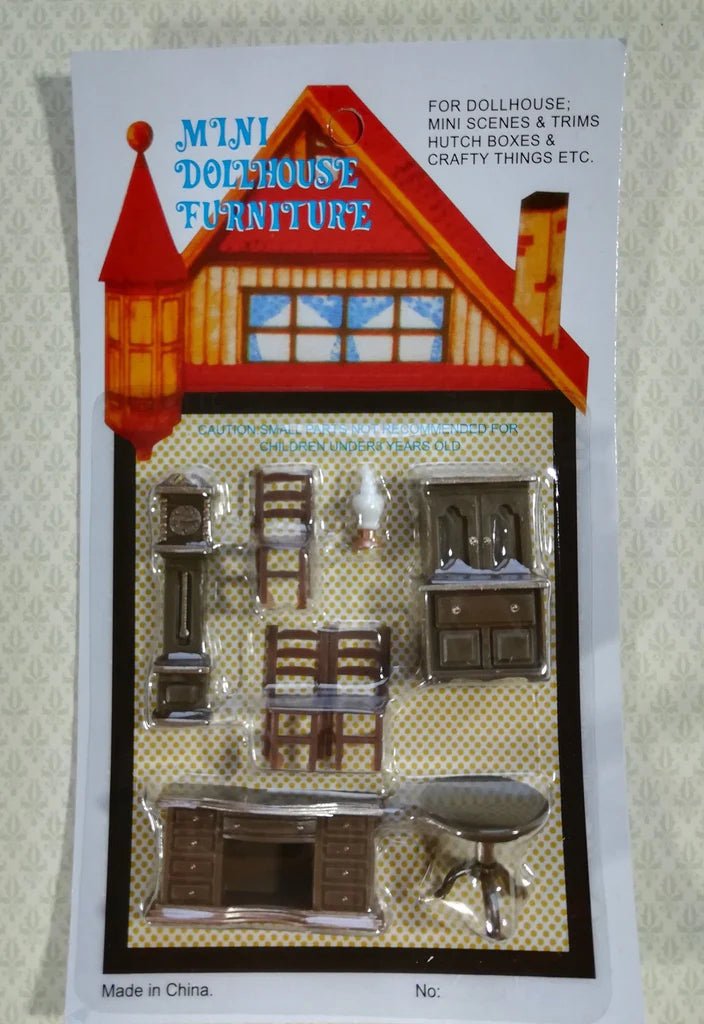
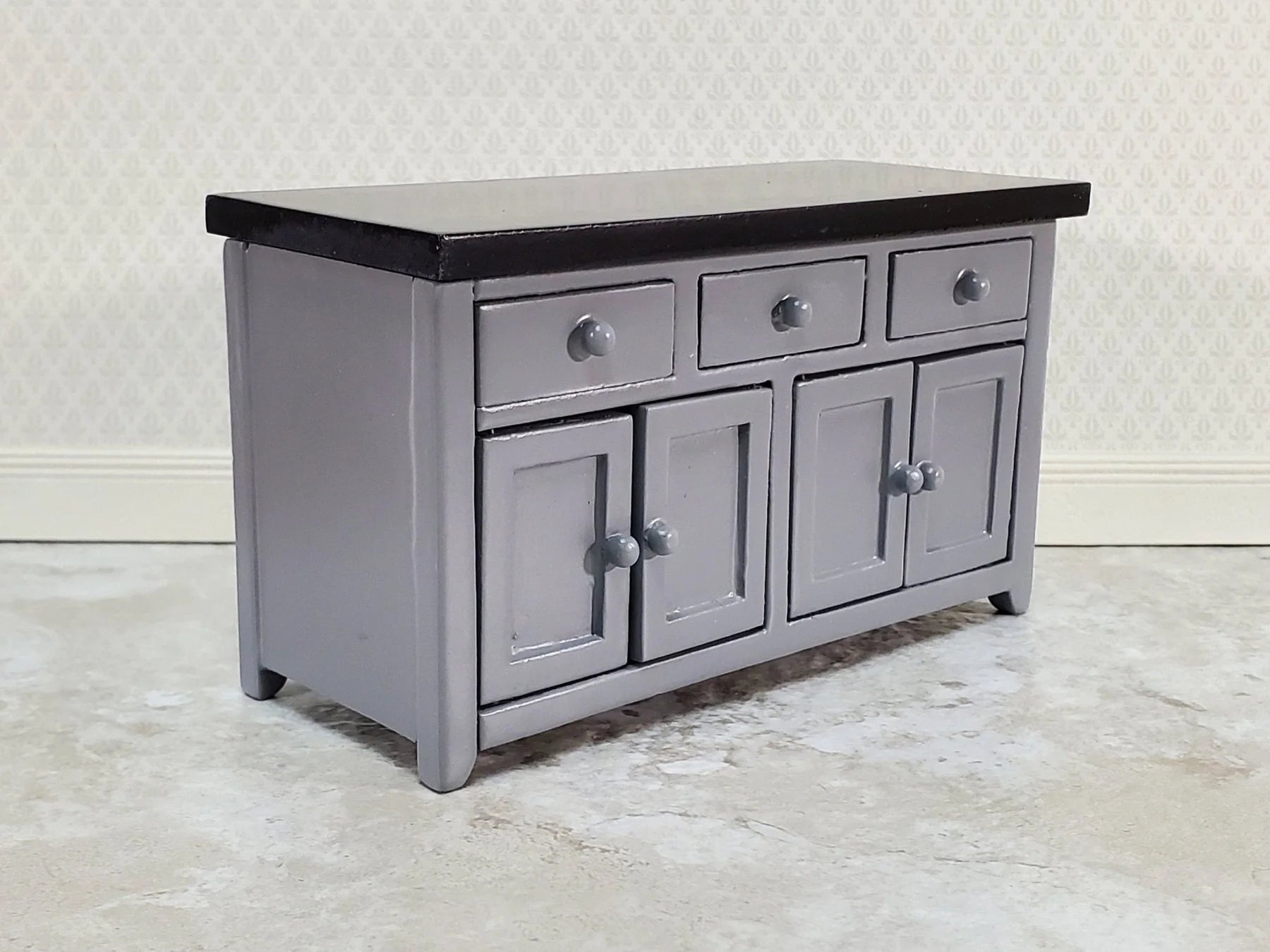



Leave a comment